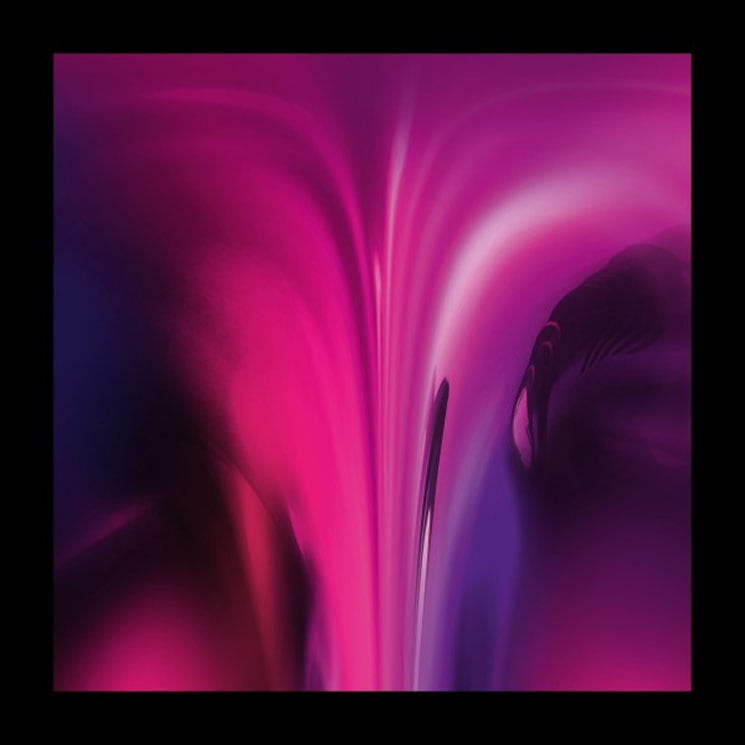Few artists offer deeper shades of electronic music than Âme, the musical brainchild of Frank Wiedemann and Kristian Beyer. Their label Innervisions (with fellow house producer Dixon) has played a central role from the shift of mid-'00s minimal techno to the euphoric, trance-inspired melodies that permeate dance floors today. Along the way, the sound has spawned many an imitator and admirer, but Innervisions and Âme have always been discernible with their appeal to innovation and quality control, where you would be lucky to hear even one EP from them a year.
Thirteen years from the inception of the label and the release of the monolith that is "Rej," Âme have finally delivered an album. Dream House is all that we could have expected from an Âme album, with emotion-laden melodic lines and chords, and a number of vocal features that play to the same tune. The first of these is on the album opener, "The Line," which features Matthew Herbert. Herbert's cinematic approach melds well with the duo's penchant for quirk and grandeur. Elsewhere, Kraut influences appear on tracks like "Blind Eye," featuring Planningtorock and her pitched vocals.
There are a number of straight 4/4 grooves within Dream House, but they can occasionally feel less intricate and progressive than much of Âme's discography. This is likely by design, where the tracks were created within the context of an album, rather than for dance floors. Tracks like "Queen of Toys" and "Gerne" may have benefitted from lengthier executions. "No War" delivers the closest thing to Afro-house on the album, with the anthemic hook that instills one of the more profound moments of the record. "Oldorado" rounds out the track-listing with Âme's approach at making a downtempo, ambient excursion.
Dream House represents new ground for the weathered duo, with novel approaches to track compositions and arrangements. Make no mistake, however, this still sounds like the Âme of the past 15 years. Truthfully, without a real departure from their signature tropes, the album doesn't have too many big surprises. Above all, the album serves as a strong reminder as to why Âme and Innervisions have reached the lofty heights that they have.
(Innervisions)Thirteen years from the inception of the label and the release of the monolith that is "Rej," Âme have finally delivered an album. Dream House is all that we could have expected from an Âme album, with emotion-laden melodic lines and chords, and a number of vocal features that play to the same tune. The first of these is on the album opener, "The Line," which features Matthew Herbert. Herbert's cinematic approach melds well with the duo's penchant for quirk and grandeur. Elsewhere, Kraut influences appear on tracks like "Blind Eye," featuring Planningtorock and her pitched vocals.
There are a number of straight 4/4 grooves within Dream House, but they can occasionally feel less intricate and progressive than much of Âme's discography. This is likely by design, where the tracks were created within the context of an album, rather than for dance floors. Tracks like "Queen of Toys" and "Gerne" may have benefitted from lengthier executions. "No War" delivers the closest thing to Afro-house on the album, with the anthemic hook that instills one of the more profound moments of the record. "Oldorado" rounds out the track-listing with Âme's approach at making a downtempo, ambient excursion.
Dream House represents new ground for the weathered duo, with novel approaches to track compositions and arrangements. Make no mistake, however, this still sounds like the Âme of the past 15 years. Truthfully, without a real departure from their signature tropes, the album doesn't have too many big surprises. Above all, the album serves as a strong reminder as to why Âme and Innervisions have reached the lofty heights that they have.
